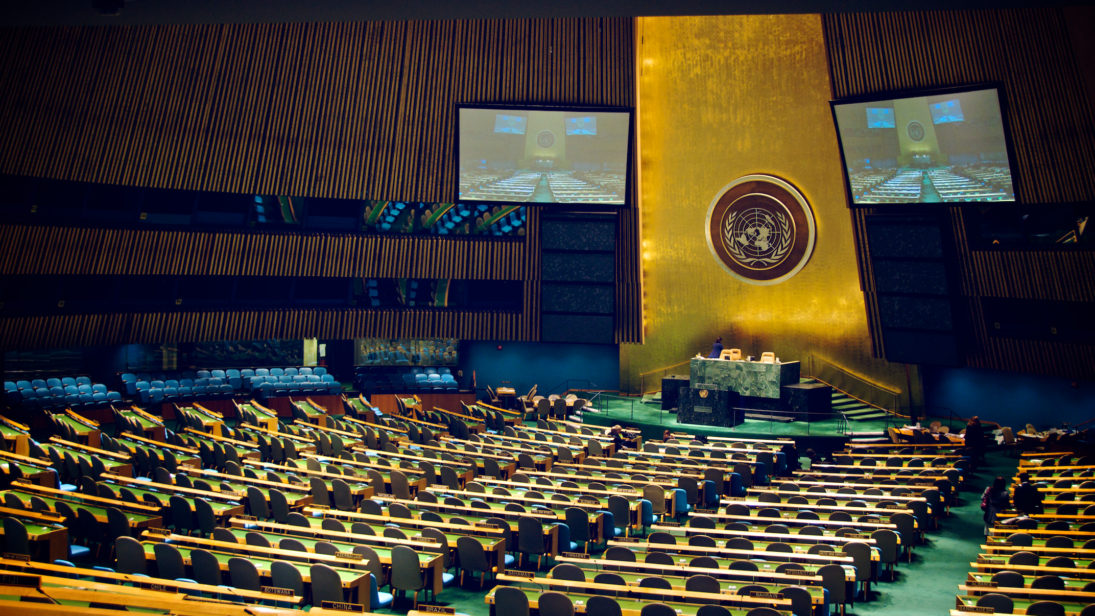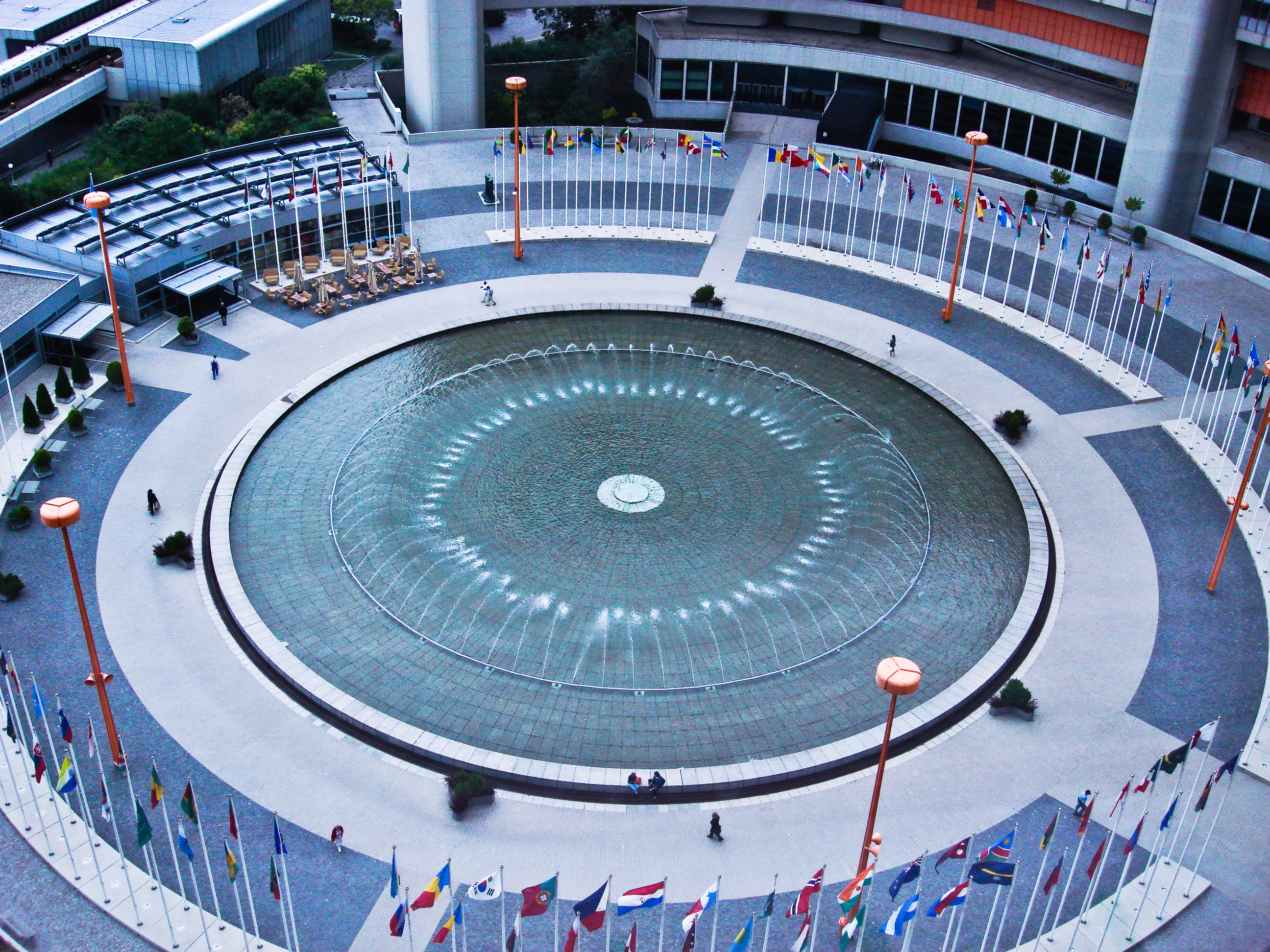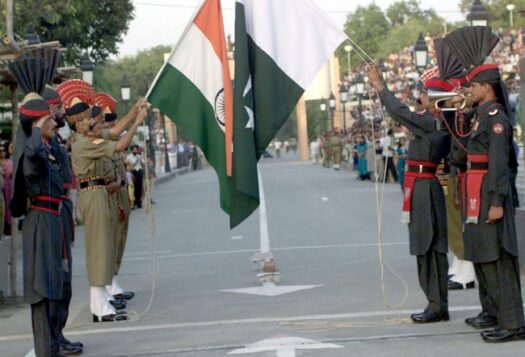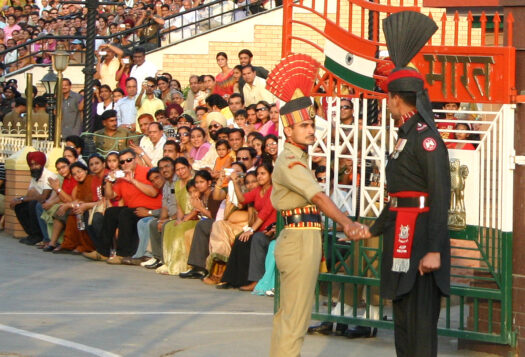
In late October, the United Nations General Assembly (UNGA) adopted a resolution to convene worldwide negotiations, early next year, on a “legally binding instrument to prohibit nuclear weapons, leading towards their total elimination.” If successful, this would mean the first concrete step towards a world free of nuclear weapons, especially after the failed NPT RevCon 2015.This indeed, is a huge victory for the non-proliferation lobbies worldwide, however, the endeavor might suffer due to lack of support from the NWS.
Will India Participate?
It is interesting to note that all three nuclear states from the South Asian region abstained from voting on the resolution. According to reports, India was constrained to abstain from the voting as it is not convinced that the upcoming conference will be able to resolve the issue of coming up with a legally binding instrument for bringing about nuclear disarmament. This was conveyed by India’s Permanent Representative to the Conference on Disarmament. It is clear that India is not hopeful that the negotiations would amount to much. In this context, it is difficult to assess if India would join the negotiations. However, participation cannot be completely ruled out because:
- India views nuclear disarmament favorably and views nuclear weapons use as the gravest threat to humanity. India has long struggled for nuclear disarmament for over five decades, and seized every opportunity at international fora to promote the objectives of nuclear disarmament. Its early articulations include rejection of nuclear weapons at the UNGA First Committee (1953), call for discontinuance of nuclear testing (1955), putting forward a draft resolution at the 12th UNGA appealing states to suspend nuclear tests/thermonuclear weapons (1957), and India’s support to Anti-Nuclear Arms Convention (1962). However, the Indian conception of disarmament that calls for equal participation from the NWS in a time bound framework has received little support from many nations. It has realized that its strategic interest have to operate in the setting of a world that refuses to work comprehensively towards nuclear disarmament. However, India’s position on the issue has remained unchanged. After the Cold War too, India sought to create an ad-hoc committee on nuclear disarmament at the G-28 summit, before the 1996 Conference on Disarmament (CD.[1] Its nuclear doctrine has linked ‘global, verifiable, non- discriminatory’ nuclear disarmament as a national security objective). In fact, in the year 2000, India tabled its traditional resolution in the UNGA on the “Convention on the Prohibition of the Use of Nuclear Weapons.” In this context, the core agenda for the upcoming Conference is in line with the larger Indian position on nuclear disarmament. While no official pronouncement has been made by New Delhi as to whether it would like to participate, going by the historic narrative it can be argued that India would like to keep an open mind about its participation.
- In recent times, especially in the last two years, India has engaged with countries such as China and Japan in matters of disarmament and nonproliferation, and has participated actively in nuclear security/nonproliferation matters such as the Nuclear Security Summits’ Gift Baskets, ratification of IAEA’s Additional Protocol, CPPNM, GICNT etc. Additionally, it has also submitted a working paper on nuclear disarmament at the UNGA in 2006 . It is in its national interest to be viewed as a responsible nuclear power, coupled with its bid for the membership of various multilateral export control regimes. While India understands the importance of the primacy of CD for the objective of nuclear disarmament, it would be in India’s interest to at least observe the negotiations. In fact, two years ago, India’s permanent representative to the CD reiterated the nations commitment towards nuclear disarmament and stated that India will be tabling three draft resolutions relating to the ‘prohibition of use of nuclear weapons’, ‘reducing nuclear dangers’ and ‘measures to prevent terrorists from acquiring the WMD’s’. Participation in the Conference appears to be a logical step.
Hurdles to Indian Participation
There are still issues that may constrain Indian participation. The fact that India considers the Conference on Disarmament as the appropriate forum for any negotiations on disarmament, a separate forum might be viewed as a distraction. Additionally, the momentum towards the conference is yet to be seen. Since India is committed to universal and verifiable nuclear disarmament, the absence of major states from the conference might affect India’s participation. The worry is that the conference might end up becoming a forum for deliberations primarily by civil society. In this context, it would only become another platform established by the non nuclear weapons states to push the nuclear weapon states towards nuclear disarmament.
Additionally, it must be taken into account that the conference is a follow up on the report of the Open-ended Working Group (OEWG)’s proposal in which India did not participate. Since 2013, India has expressed its reservation in participating at the OEWG as it considers only CD to be the right platform for deliberations on disarmament.

Conclusion
The upcoming conference is to be viewed as a notable event, as it is the first time in 71 years that UN members have called for a legally binding measure with such a sweeping majority. However, disinterest from nuclear weapon states has already called the initiative into question. While it is still unclear what the total number of participating states will be, some observations can be drawn from the voting result of the resolution. It must be noted that out of 177 participating member states, a majority of 123 nations have voted in favor of the conference, with 38 against and 16 abstentions. Interestingly the absentees/opponents include eight of nine nuclear weapons states while North Korea surprisingly voted in favor of the resolution. This suggests a conference to ban nuclear weapons has no support from the nuclear weapons states in the first place. It must be noted that all NATO members, with abstention from Netherlands, also voted against it. A significant holdout Japan also voted against the resolution on the grounds of it fragmenting the disarmament community. This implies that all the nuclear states that matter haven’t shown much interest in the Conference. Clearly, the beginning doesn’t appear to be very promising. In this context, there’s an equal chance of India participating in the conference and giving it a miss. If at all India participates, it would be without legal commitments.
Editor’s note: This is the final article in a four-part “Banning the Bomb” series on what a nuclear ban treaty could mean for India and Pakistan. In “Pakistan’s Perspective,” Ahsan Chaudhary argued that Pakistan is taking a wait and see approach to the negotiations. Sadia Tasleem noted in “Pakistan’s Prospects” that Pakistan will likely have a realpolitik approach to a potential nuclear ban treaty. In “India Abstains on Ban Vote, Buys Time,” Pooja Bhatt explains India’s approach to the unfolding developments. Read the entire series here.
***
Image 1: United Nations, Natalie Maguire, Flickr
Image 2: United Nations Fountain, Eduardo Fonseca Arraes, Flickr


